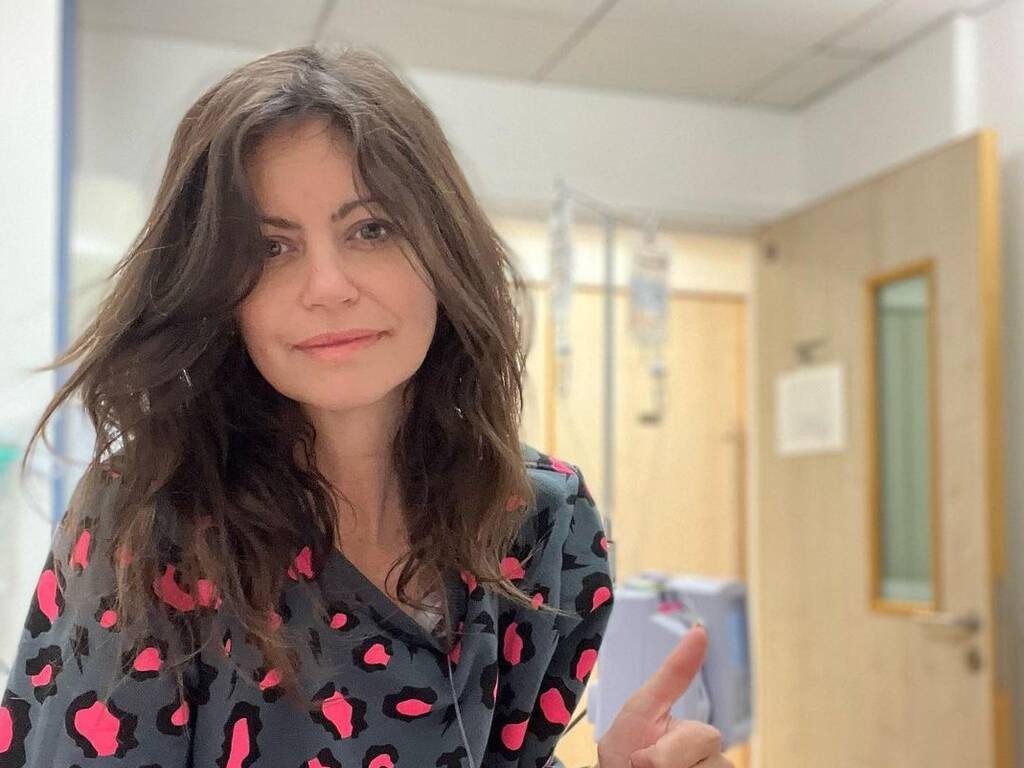British cancer campaigner Deborah James passed away this week following a battle with bowel cancer. She has been praised for raising awareness of the disease and educating people on how to detect it early.
James was just 35 when she received her diagnosis, and she went on to start her You, Me & the Big C podcast raising awareness of the condition, to ensure others detect it at an earlier, more treatable stage.
Announcing her death on Instagram, her family shared a quote from the 40-year-old that reflected her own experiences – namely that you should check your bowel movements to see if there’s anything untoward as this could be a sign of bowel cancer.
“Find a life worth enjoying; take risks; love deeply; have no regrets; and always, always have rebellious hope. And finally, check your poo – it could just save your life,” her message reads.
What to look for to detect and reduce your risk of bowel cancer:
Britain’s National Health Service (NHS) advises that a persistent change in bowel habits, such as pooing more often, with looser, runnier stools, blood in your poo, and abdominal pain, discomfort or bloating always brought on by eating can be early symptoms of bowel cancer. They stress that these symptoms usually do occur as a result of other health problems – so there’s no immediate need to worry – but it’s worth getting checked out by a doctor.
Genevieve Edwards, from Bowel Cancer UK, told the BBC: “General awareness-raising is incredibly hard, and it’s very expensive. Just know your body and trust your gut, and if something isn’t right, go and see your GP (general practitioner).”
Research into the disease is gathering pace – with Edwards’ organisation helping fund research into genetic factors that may lead to people developing cancer young, like James. However, another way to reduce your risk is to change your lifestyle habits.
NHS guidelines suggest lifestyle changes that could cut your risk include reducing your red meat intake from 90 grams to under 70 grams a day, quitting smoking, and cutting your alcohol intake. It also recommends taking more light exercise as those who are inactive or obese are at a higher risk of developing the disease.







